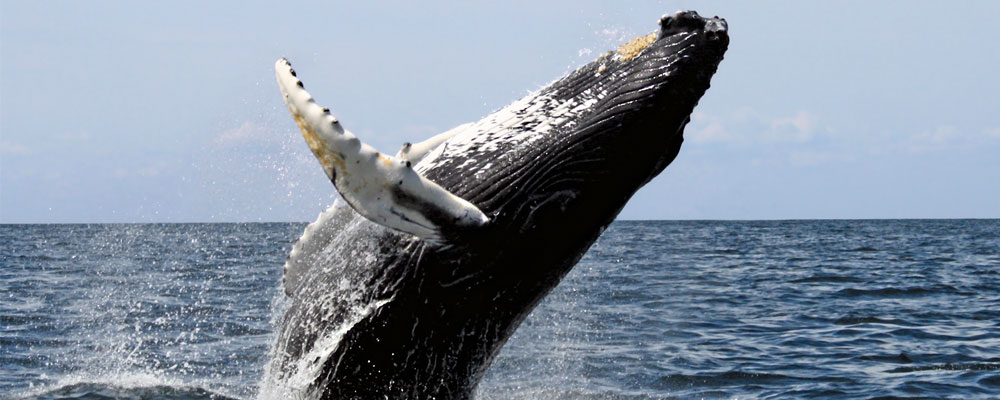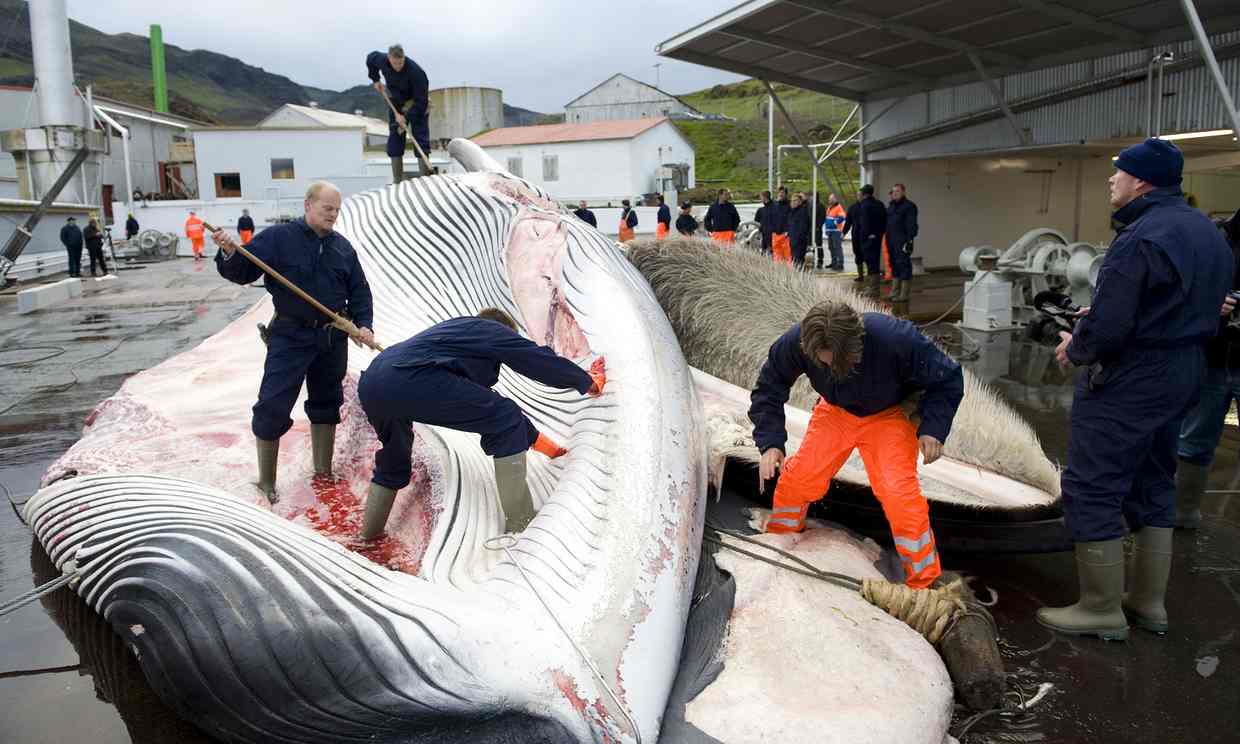

It does seem ironic that whales have no natural predators, yet they continue to be endangered. Sadly, this is due to man and the issues that we have created for them. Between hunting them for food and sport and destroying their natural environment they are in trouble. Thankfully conservation efforts are in place to help get their numbers back up.
A short video of a sperm whale stranded on a Norfolk beach on 4 Feb 2014.
Whaling is the term that refers to hunting for whales. This is a practice that has gone on since the beginning of time. Whales certainly offer plenty of meat for eating and it remains a staple in cultures such as those in Alaska where the Eskimos reside. However, it is important to realise that whaling has taken place all over the world. This includes the United States, France, Germany, and Norway.
Other parts of the whale are used to make oils and other products. There is a huge industry for this as well, and that has lead to commercialized whaling. The issue seems to be the most controversial in Norway. This is because whale meat is their primary source of food. It is also believed that they are the area of the world where the techniques for whaling became so prominent.

Whaling has also become a huge sport where the hunt is only for fun. With more advanced tools and weapons than in the past, humans take this adventure to a new level. A common scenario is to hit the whales with large ships and then to kill them. While this is also a way for whales to be killed accidentally, it is believed that most of the time the hits are intentional to give the hunters the advantage. Since whales can swim very fast they need a way to slow them down.
Whale watching is the act of observing of whales in their natural habitat (similar in a way to bird watching) which involves spectators standing at the end of a pier or on the deck of a boat with binoculars watching these marine mammals as they live undisturbed in their natural habitat. However, you may be disappointed at the glimpses you get if you are not in the right locations.
While whale watching is most commonly used as a form of recreation, it also serves as an educational and scientific way to study the species without interfering with their habitat or lives. In some instances marine biologists and researchers may use whale watching opportunities to study the habits, social structure and migrations pattern of these marine mammals among other things.
In fact since its inception the whale watching industry has become a billion dollar annual business employing thousands of people and serving millions of whale watchers each year. Whale watching tourism is extremely important for developing countries looking to bring awareness to their nation as well as helping a number of economies by bringing in additional capital to countries that can benefit from the additional tourism boost. Among the many different recorded whale species some of the most popular species for those who enjoy whale watching include the blue whale, humpback whale, bowhead whale, gray whale, fin whale and minke whale among others.
Global Warming is a huge issue for whales to deal with. They have migration patterns that are part of their lives. However, this can all be upset dramatically as the climate changes. They may become confused about when to migrate and when to remain in their habitat. Whales rely upon layers of fat called blubber to keep them warm since they are warm blooded. When the climate is warmer than it should be, they would not eat more to build up those layers of blubber. They can result in them being too cold as their bodies are not prepared for the lower temperatures.
The numbers of whales are also worrisome because both males and females mature late. They would not have offspring until they are from 7 to 10 years of age. Females will have one calf every 2 or 4 years. They will be less likely to be interested in mating if there is not adequate food supplies in the waters.
It is believed the highest risk to whales with climate change has to do with great whales. They are already having the most trouble adapting to the changes in the climate. This will become more of a concern if the situation continues. They also consume so much food that they would not be able to survive as others in their food chain drop in numbers as well.